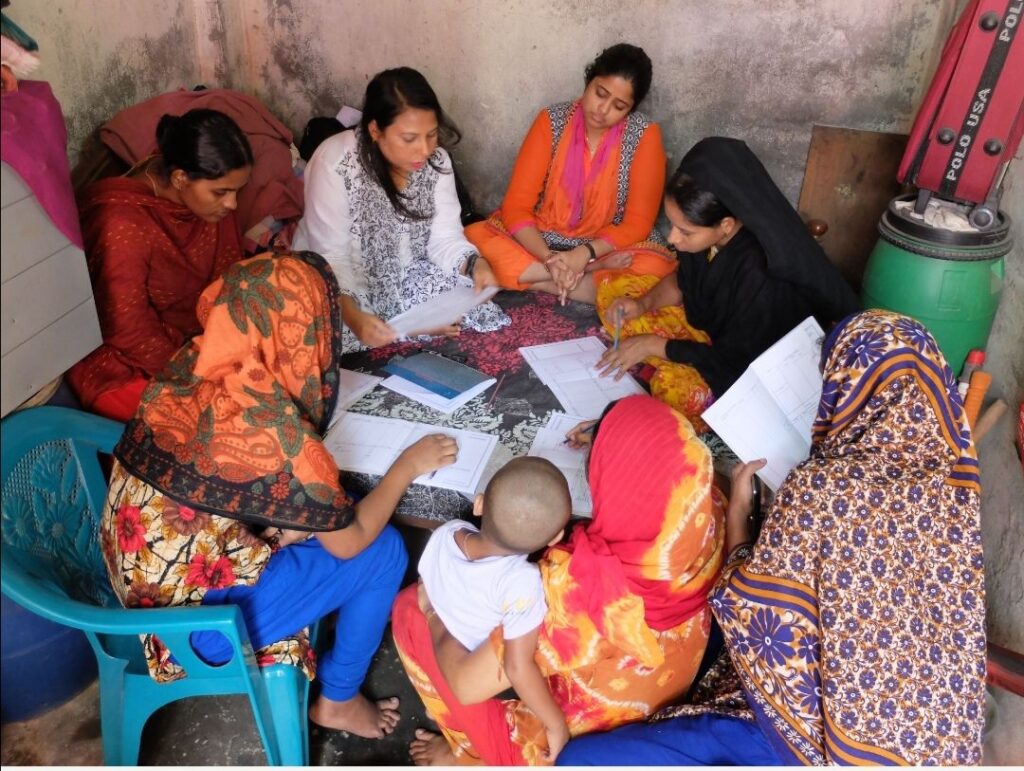In November 2023 almost half the workers in the apparel supply chain in Bangladesh that we spoke to reported working hours in excess of the legal maximum under Bangladesh’s labor law. This is not the first time that GWD has reported that workers worked “excess hours.” We have reported it many times over the years (see our series on this issue here, here, and here). Even though excess work hours constitute a material negative impact on workers in the supply chain of global brands, the problem has persisted.
Material Issues and the European Union’s Reporting Requirements (CSRD)
This time things may be different because some corporations (those already subject to the EU Non-Financial Reporting Directive) will be required to submit their first report under the Corporate Sustainability Reporting Directive (CSRD) in 2025, based on 2024 activities. EFRAG is the entity charged with developing standards for the implementation of the CSRD. According to EFRAG’s current standards, which were by adopted by the European Commission by Delegated Act on 31 July 2023, reporting entities are not required to report any metrics related to workers in their value chain in the first 3 years of reporting. But they do have to report any policies, actions, and targets they have adopted to address negative impacts and risks related to workers in their value chains.
One other piece of regulatory information to consider. Although all issues entities report will be product of their own materiality assessment, paragraph AR. 16 in Annex 1 of the Delegated Act includes a list of potentially material issues that entities may consider as they conduct their own materiality assessment. The list, as with all issues related to the status of workers that entities will consider, is derived from an interpretation of the UN Declaration of Human Rights and the core ILO Conventions. On that list, under working conditions, are working time and work-life balance.
Excess Work Hours in Bangladesh’s Apparel Sector
Data collected by GWD in November 2023, which we will continue to collect periodically in 2024, suggest that reporting entities currently subject to CSRD have a clear material issue on their hands: workers are working hours in excess of what is legally allowed in Bangladesh.

Note: the share of workers reporting excess work hours in the early part of the month is likely due to the demonstrations and work stoppages that factories experience in those weeks, due to protests from workers in the run up to the announcement of the new minimum wage.
Unlike other social material issues, such as the living wage or decent housing, both of which are on the Delegated Act list, excess work hours are not subject to interpretation–the labor laws are clear and no one is disputing the length of an hour. Given these facts on the ground, we expect most brands sourcing from Bangladesh’s apparel sector to report policies, actions, and targets they have adopted to address negative impacts and risks related to excess work hours. Failing to do so would be to ignore a clear material risk in their supply chain and expose the brand to penalties, including possible jail time for executives under the new French law enacting the CSRD.
One concern is that if factories in Bangladesh start complying with the country’s labor laws workers will lose income. This would be a very bad outcome for workers and, essentially, shift the material issue from working hours to wages. So any policies and actions by brands to address the clear material risks their activities are posing to workers in Bangladesh, should also address the wage issue. Workers’ hours should go down, but not their income.
You can learn more about the wages, work hours, working conditions, and the home life of workers by visiting GWD’s Dashboard for its November 2023 Dialogue with workers. If you are interested in verifying the work hours of workers in your supply chain in Bangladesh or any other country, please contact info@mfopps.org.
